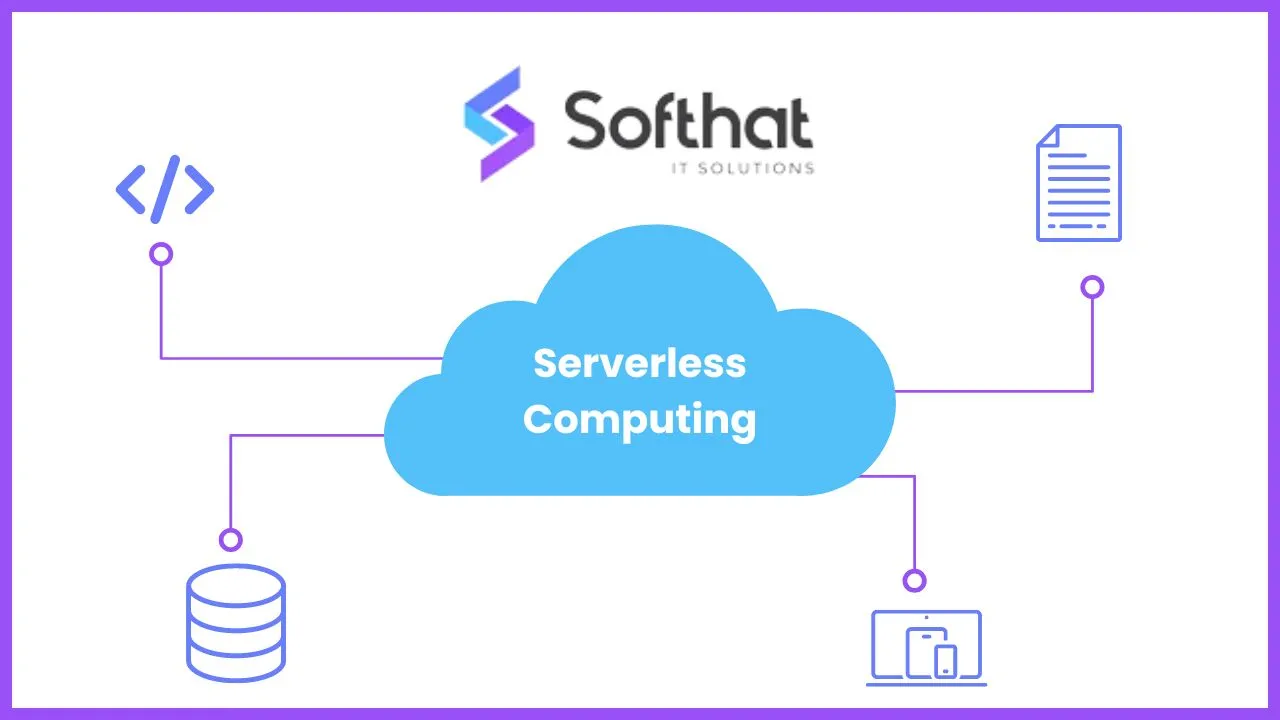
Table of Contents
Serverless computing has revolutionized the way developers build and deploy applications. By abstracting away the underlying infrastructure, serverless computing allows developers to focus solely on writing code, leading to faster development cycles and reduced operational complexity.
In this article, we will explore what serverless computing is, how it works, and why it is becoming a popular choice for modern application development.
What is Serverless Computing?
1. Definition:
- Serverless computing is a cloud computing execution model where the cloud provider dynamically manages the allocation and provisioning of servers. Developers write and deploy code without having to worry about the underlying infrastructure.
2. Key Characteristics:
- Event-Driven: Serverless functions are triggered by events, such as HTTP requests, database changes, or file uploads.
- Auto-Scaling: Serverless platforms automatically scale the execution of functions in response to the number of incoming requests.
- Pay-As-You-Go: Users are billed based on the actual usage of resources, such as the number of function executions and the duration of execution time.
How Does Serverless Computing Work?
1. Function as a Service (FaaS):
- The core concept of serverless computing is Function as a Service (FaaS), where developers deploy individual functions that perform specific tasks. These functions are executed in response to events and are stateless, meaning they do not retain any data between executions.
2. Cloud Provider Management:
- Cloud providers, such as AWS Lambda, Azure Functions, and Google Cloud Functions, handle all aspects of server management, including provisioning, scaling, and maintenance. Developers simply upload their code and set up triggers for function execution.
3. Integration with Other Services:
- Serverless functions can be integrated with various other cloud services, such as databases, storage, and messaging systems, to create fully-fledged applications.
Benefits of Serverless Computing
1. Reduced Operational Complexity:
- By offloading server management tasks to the cloud provider, developers can focus entirely on writing and deploying code, reducing the operational overhead associated with managing infrastructure.
2. Cost Efficiency:
- The pay-as-you-go pricing model ensures that users only pay for the actual usage of resources, leading to cost savings, especially for applications with variable workloads.
3. Automatic Scaling:
- Serverless platforms automatically scale the number of function instances in response to demand, ensuring that applications can handle sudden spikes in traffic without manual intervention.
4. Faster Time-to-Market:
- The simplified deployment process and reduced operational burden enable faster development cycles, allowing developers to bring applications to market more quickly.
5. Improved Resource Utilization:
- Serverless computing optimizes resource usage by dynamically allocating computing power based on real-time demand, minimizing idle resource costs.
Use Cases for Serverless Computing
1. Microservices Architecture:
- Serverless functions are ideal for building microservices, where each function handles a specific task or service within the application, allowing for greater modularity and scalability.
2. Real-Time Data Processing:
- Serverless computing is well-suited for processing real-time data streams, such as logs, IoT data, and social media feeds, due to its event-driven nature and ability to scale on demand.
3. APIs and Backend Services:
- Serverless functions can be used to build APIs and backend services that handle HTTP requests, perform database operations, and integrate with other cloud services.
4. Automation and Scheduled Tasks:
- Serverless platforms support scheduled function execution, making them ideal for automating routine tasks, such as backups, data processing, and maintenance activities.
Conclusion
Serverless computing offers a powerful and flexible approach to building and deploying applications, enabling developers to focus on writing code without the burden of managing infrastructure.
With benefits such as reduced operational complexity, cost efficiency, automatic scaling, and faster time-to-market, serverless computing is an attractive option for a wide range of use cases. As the cloud ecosystem continues to evolve, serverless computing is set to play an increasingly important role in modern application development.
Experience the Future of Application Development with Serverless Computing!
Unlock the full potential of serverless computing with our expert solutions. Softhat IT Solutions offers comprehensive serverless development services to help you build scalable and efficient applications. Get in touch with us today to learn how we can transform your development process with serverless computing.
